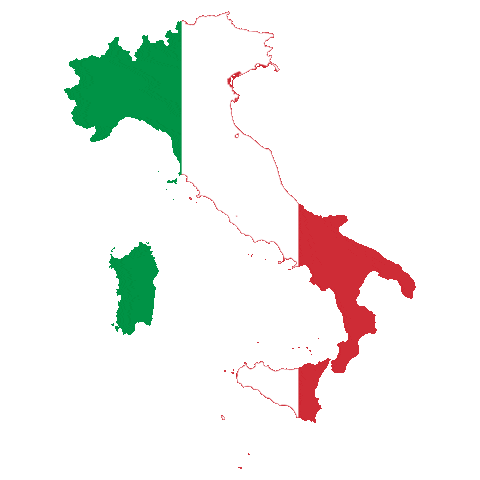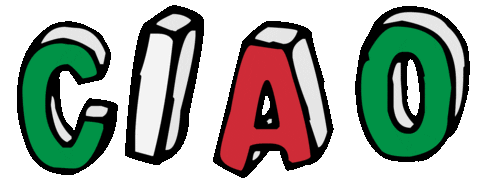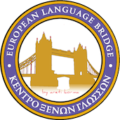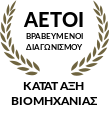TEEN PROGRAMMES ITALIAN
- Home
- Teen Courses
- Italian
Why learn Italian?
The Italian language is the language of arts, painting, architecture, music and fashion. Italy is the country of culture, of Leonardo da Vinci and Dante. It is the country of monuments, pizza and cappuccino. It is also the country of universities.
If you want to begin or continue your studies in Medicine, Architecture, Economics, Fashion, Tourism or Arts or if you just want to join an Erasmus program, then Italy is the country which will give you the opportunity to achieve your goals. Also, remember that Italian is the official language in Italy, Switzerland, San Marino and the Vatican, with more than 80 million native speakers. Italian is the third (13%) most spoken native language in the EU!


IT 1 (for children over 13)
The course schedule is adapted to the demanding school curriculum as well as to the extracurricular routines of students of this age and the teaching material is fit to their interests and needs. They learn things as the letters of the alphabet, colours, days, months, numbers, introductions, asking questions, reading and understanding short dialogues and some verb tenses. Through a pleasant learning process the students learn to speak and write in Italian. The first year covers the A1 level.
IT 2
In the second year, the students gradually improve their skills in speaking and writing. By completing the A2 level, they can communicate with an Italian native speaker as well as understand recorded dialogues and talks of a low level of difficulty.


IT 3
This class covers the B1 level. The students begin to speak and write in Italian at a more advanced level. They cover most of the grammatical phenomena and they can write short essays and e-mails. They can communicate with a native Italian speaker as well as understand recorded dialogues and talks of a medium level of difficulty. Finally, they can participate in exams, in order to acquire recognized language certificates of the B1 level.
B2 LEVEL
The students cover all of the grammatical phenomena, they enrich their vocabulary with expressions and idioms and they can write full length essays, letters, emails, reports and articles. They can easily communicate with a native Italian speaker as well as understand recorded dialogues and talks of a high level of difficulty. They also practice their critical thinking skills, as they deal with texts from Italian magazines and newspapers. At the end of the course, they can choose to prepare to participate in exams, in order to acquire recognized language certificates of the B2 level.


C1-C2 Levels
The C1-C2 classes form on demand. Usually, the courses and the exams preparation are offered through one-to-one lessons.








